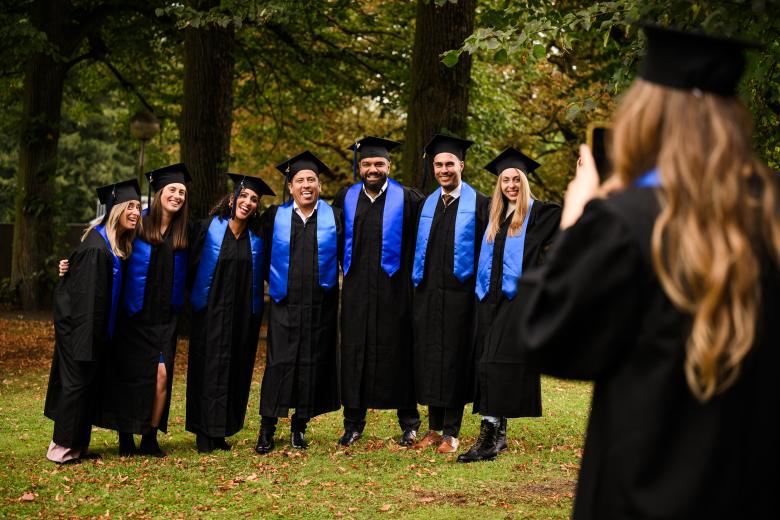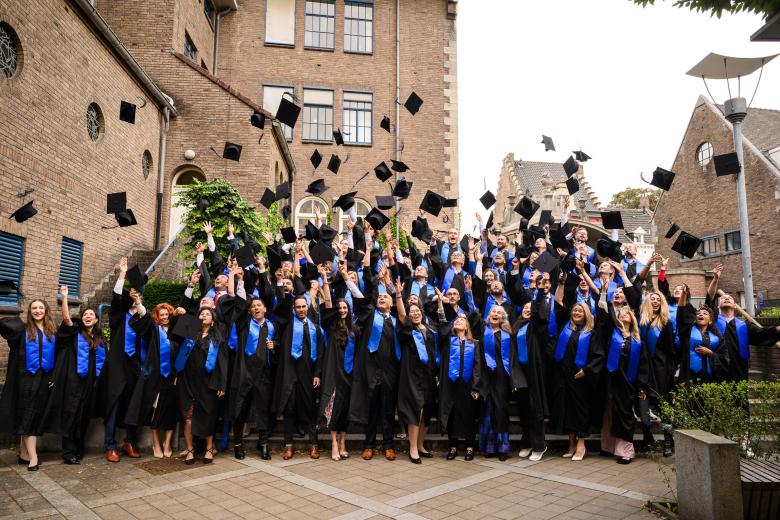CIRCULAR X: new EU-funded project on Circular Service Business Models
Project CIRCULAR X focuses on experimentation with Circular Service Business Models. It is an ambitious research project funded by the European Research Council (ERC) which supports top researchers from anywhere in the world. The project starts on 1 June 2020 and will run for 5 years. The multi-disciplinary project is led by Principal Investigator Prof Dr Nancy Bocken, based at Maastricht Sustainability Institute (MSI) at Maastricht University.
The project will take place in close cooperation with businesses – from small start-ups to large multinationals - who want to innovate towards the Circular Economy. The focal countries of the project are the Netherlands, UK, Sweden, China and the USA – chosen to represent a diversity of countries where the Circular Economy has entered the policy, NGO and business arenas.
The project aims to advance the understanding of circular service business models and their impacts, understand and support business experimentation, and develop tools, methods and labs to support experimentation with new circular service business models.
More information on project CIRCULAR X will be available soon. For more information or collaboration, contact nancy.bocken@maastrichtuniversity.nl
For vacancies, click here or go to Academic Transfer.
This project has received funding from the European Union’s Horizon 2020’s European Research Council (ERC) funding scheme under grant agreement No 850159
Also read
-
SBE researchers involved in NWO research on the role of the pension sector in the sustainability transition
SBE professors Lisa Brüggen and Rob Bauer are part of a national, NWO-funded initiative exploring how Dutch pension funds can accelerate the transition to a sustainable society. The €750,000 project aims to align pension investments with participants’ sustainability preferences and practical legal...

-
Maastricht University recognised among top institutions in CEO Magazine’s 2025 Green MBA Rankings
We are proud to share that Maastricht University School of Business and Economics has been recognised as a top-ranked institution in the CEO Magazine 2025 Green MBA Rankings.

-
Global recognition for SBE’s Executive Education by Financial Times
We are proud to announce that Maastricht University School of Business and Economics (SBE) has secured an impressive global ranking of 84th in the Financial Times Open-Enrolment Executive Education Ranking 2025.
